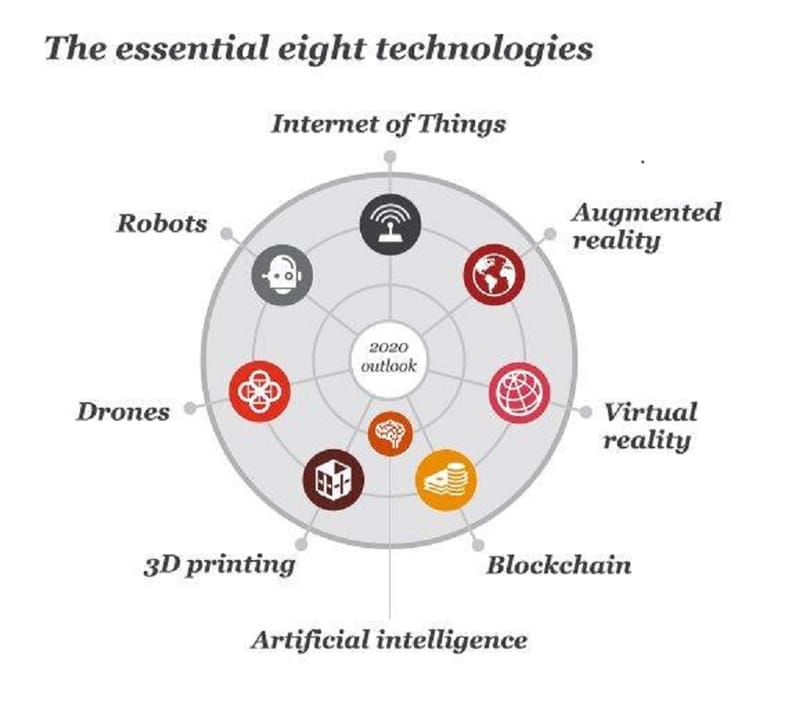2. Digital Awareness & Up-skilling

Qcert's offering on Digital Awareness and Up-skilling includes tutorials on basic IT/Computer skills upgrading, learning on emerging technologies and appreciation of real-world business scenarios on efficiency, cost-optimization and innovation.
The offering is now more relevant under the post covid-19 landscape, whereby teleworking is proving to be an important aspect of ensuring business continuity and is likely to continue indefinitely.
With the rapid changes in emerging technologies, employees (especially those telecommuting and working flextime) require to remain digitally relevant through knowledge upgrading, up-skilling and re-skilling in the following:
- Basic IT/ Computer Skills - an overview of: Operating systems (Windows, MacOS); Office suites (Microsoft office, G-suite); Presentation software (PowerPoint, Google Slides, Keynote); Spreadsheets (Excel, Google spreadsheets); Social media (LinkedIn, Twitter, Facebook, Instagram, Snapchat, TikTok).
- Online word processing capabilities - web-based applications enabling documents and spreadsheets to be created, edited, and stored online. Some free word processor software capabilities to be examined include: Google Docs; Office word online; Dropbox paper; LibreOffice writer.
- Participating/Conducting video conferencing, meetings and webinars - using applications and platforms such as Zoom; Google hangouts; Skype for business; Cisco WebEx et al. Features of different providers are reviewed based on user suitability and circumstances.
- Use of social media - especially for marketing, allowing interaction and customer feedback, creating and sharing content to achieve marketing/branding goals. To explore network depending on choice category i.e. social networking; microblogging; photo sharing; Video sharing.
Other relevant concepts to upgrade employee knowledge (mainly on emerging technologies) include:
- Emotional Intelligence - capacity to handle interpersonal relationships.
- Robotic Process Automation - to remove repetitive, replicable, routine tasks.
- Software Defined Networking - software, cloud-native & open ecosystems
- Disruptive business models - creating new market and value network
- Blockchain - a decentralized ledger maintaining transaction records
- Cybersecurity - protecting physical and digital data.
- Internet of Things - transferring data over networks, no human interaction
- Data science & Analytics - mining large data sets for actionable insights.
- Coding - into a language the computer understands.
- Artificial Intelligence - simulation of human intelligence in machines.
- Cloud computing - using a network of remote servers hosted on the internet.
- Applications Programming Interface (API) - software intermediary allowing two software applications to talk to each other.


